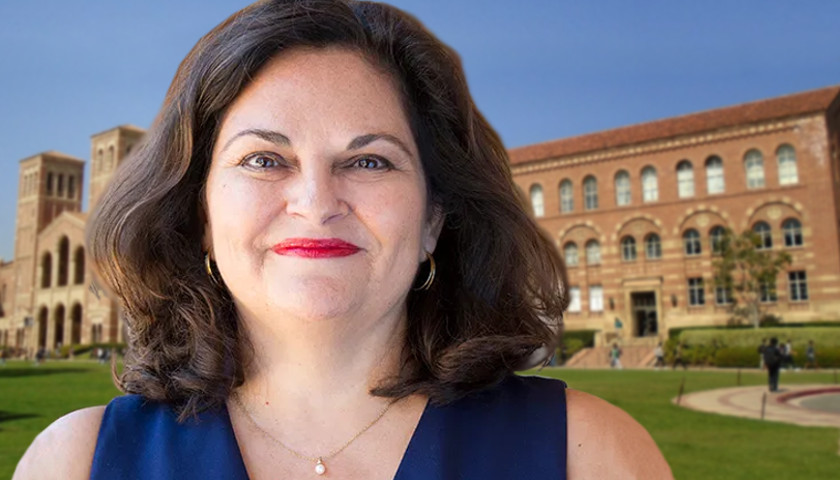It has become a truism among right-of-center voters in America that as the percentage of non-Hispanic whites in the population decreases, the percentage of registered Democrats increases. This truism is shared, of course, by the progressive left in America. That might lead one to conclude that if Democrats wanted to turn America into a one-party nation, they would do everything in their power to increase the percentage of voters who are not “non-Hispanic whites.”
There is evidence to support this truism. For example, in 1970, the population of California was 80 percent non-Hispanic whites, with Republican governor Ronald Reagan and both houses of the state legislature controlled by Republicans. That was the last year Republicans had a trifecta in the state. Today, California’s population of non-Hispanic whites has declined to 34 percent, and the state is under the absolute control of Democrats. They have held both houses of the state legislature since 1997, and apart from Schwarzenegger’s anomalous presence from 2004 through 2010, the state hasn’t had a Republican governor since 1998.
Read More




